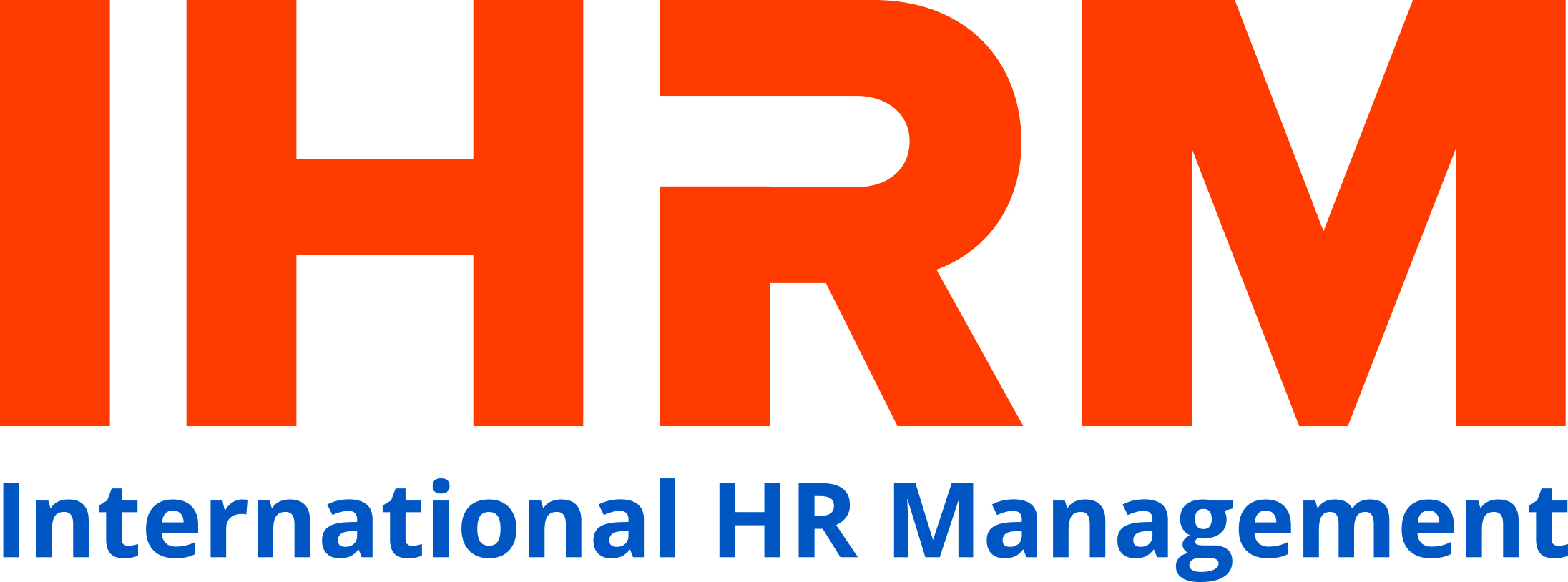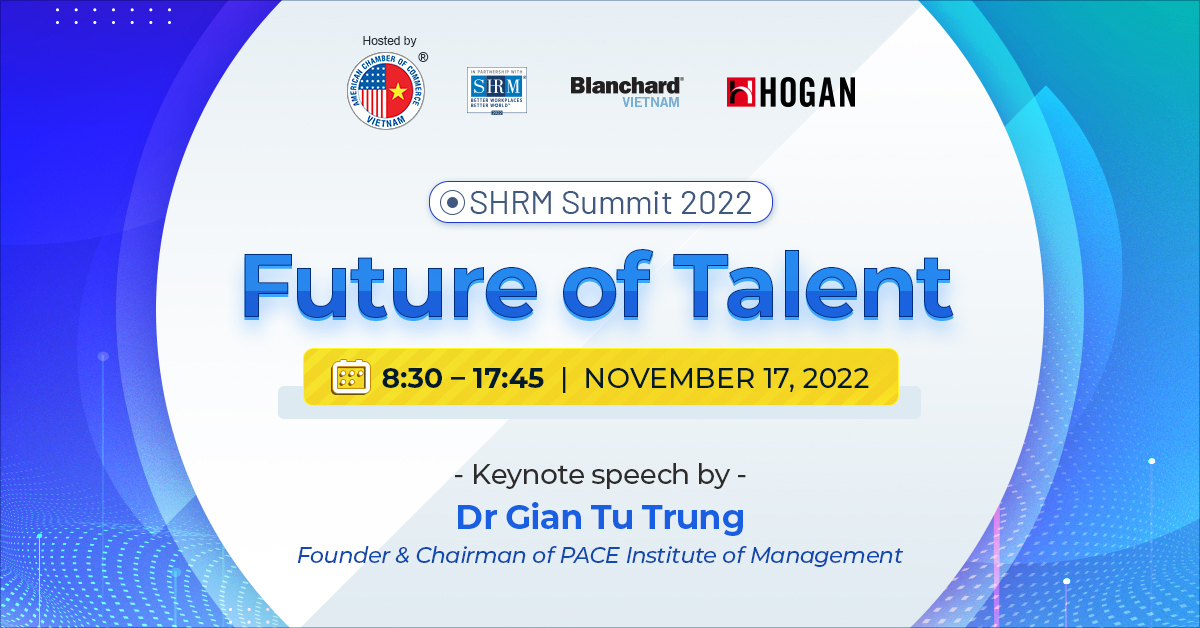7 WAYS BLOCKCHAIN REVOLUTIONIZES HR MANAGEMENT
Most people would easily associate the term ‘blockchain’ with cryptocurrency, but it is no longer confined solely to the digital currency. In fact, the technology has immense potentials in changing the ways the Human Resources operate.
Blockchain technology has been widely adopted and implemented by various companies on a global scale across industries. Its capabilities are being studied and extended to sectors such as healthcare, fashion, logistics, and a lot more.

So how can blockchain contribute to HR management sector? Here’s how:
1. Protection from cyber criminals
Blockchain can block access to these data from cybercriminals. In fact, global audit & consultancy firm Deloitte believes that Blockchain has a huge role to play in the coming years.
Records stored on blockchain are decentralized, so hackers cannot access and corrupt this data. Moreover, any changes that are made will have to be authorized and verified with blockchain.
2. Transformation of recruitment and hiring process
Current conventional methods for seeking candidates’ information through pre-hire verification are painfully slow. Not to mention, the process is prone to inaccuracy and fraud. The major problems faced by HR managers include:
- Potential recruits tweaking their resumes to suit the job profile
- Fabrication of references
- Longer waiting time to hear back from references
- Reluctance from previous employers to offer any detailed information about past employees due to liabilities

3. Smart Contracts
It has been reported by CompTIA’s 2017 research that only 45 percent of the companies adopting blockchain technology is implementing smart contracts within their firms. Having smart contracts between an employer and its workforce would enable workers to get paid automatically, thus allow the distribution of wages to happen almost instantly, with no risk of frauds or delays.
4. Attendance
Blockchain technology can be used for storing biometric data such as iris scans or fingerprints for record-keeping and for maintaining legal ID. This technology can be utilised for storing employee data and tracking attendance and expenses for wages and claims made.
Human resources could utilise real-time data to avoid any disputes or inaccuracies in records. This way, Blockchain can strengthen the element of trust in payment authorisation, thus decrease frustration and mistrust.
5. Targeting productivity gains
Enhanced ability to match employees’ skills as well as performance in jobs is proven to be a great asset to HR managers. Unfortunately, some companies are still lagging behind when it comes to managing their productivity gains. In this regard, blockchain technology can benefit small and medium-sized enterprises.
6. Automating taxes
The blockchain database is one of the safest and most reliable ways to store and track information. This database can be used to store vital information pertaining to income and purchases made. It can make it easier to track accurate corporate tax information. Even filing of taxes becomes easier with blockchain.
The annual tax burden seems more like a headache for both employers and the workers, right from write-offs to estimation of taxes. Meticulous tracking of expenses needs to be done to make deductions by saving receipts, which can be a frustrating experience. This is where blockchain can simplify the lives of people. It is an accountable and fair system which lets nothing slip through the cracks, and thus, it can help track income and purchases, and reset tax rates accordingly.
Blockchain makes everything efficient right from tracking payroll to issuing paychecks. The technology lets organisations send and receive funds in a secure manner almost instantly anywhere in the world. It can also cut down everyday tasks of managing contracts by implementing smart contracts automatically.
Blockchain technology has immense potential to transform the human resources management sector in a significant manner. Appropriate application of this technology can work wonders in increasing security and streamlining day to day activities of the HR team.
|
Training Program  Internationalize the human resource management capabilities of HR professionals in Vietnam Opening Date: March 19 , 2020 in HCMC
Opening Date: March 26, 2020 in Hanoi
|










